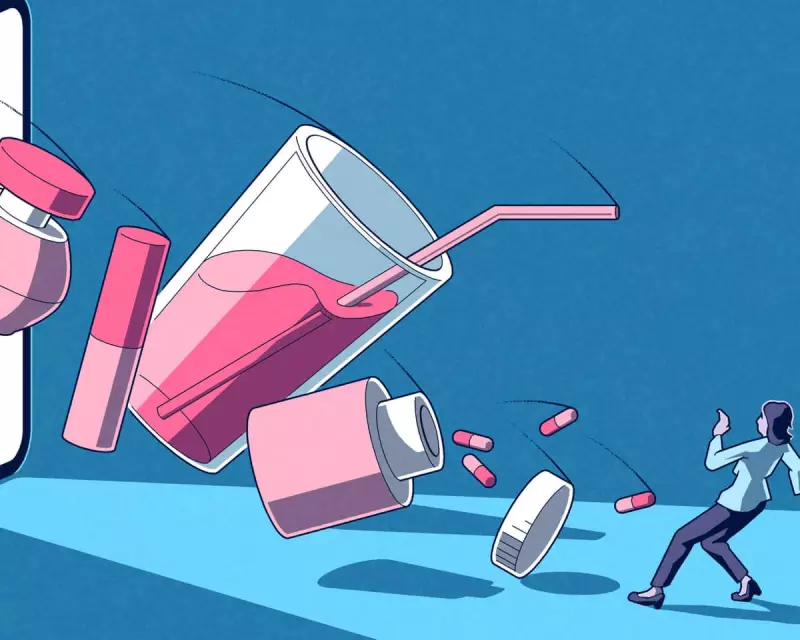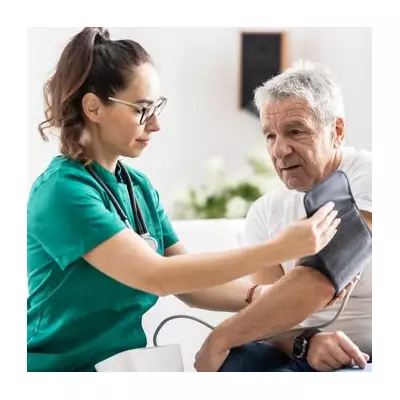
Across social media platforms, a new health revolution is unfolding - and it's targeting women in midlife. What was once a whispered-about transition has become a booming digital marketplace, with everyone from celebrities to wellness influencers jumping on the menopause bandwagon.
The Digital Transformation of Menopause
Gone are the days when menopause was a taboo subject discussed only in hushed tones. Today, platforms like Instagram and TikTok are flooded with content about this natural life stage. While this increased visibility has helped break down stigmas, it has also created a lucrative opportunity for brands and influencers alike.
"We're witnessing what can only be described as a menopause gold rush," explains health journalist Sarah Johnson. "Every day brings new supplements, specialised diets, and expensive wellness programmes promising to ease women through this transition."
The Price of Support
The cost of navigating this new landscape can be staggering. Women are now faced with:
- Premium-priced supplements with questionable efficacy
- Private hormone therapy clinics charging hundreds per consultation
- Wellness coaches offering menopause guidance at premium rates
- Branded cooling sprays and sleep aids specifically marketed for menopausal symptoms
While some products offer genuine relief, many experts worry that women are being sold expensive solutions where simpler, evidence-based approaches might suffice.
Beyond the Hype: What Women Really Need
Amidst the commercial frenzy, healthcare professionals emphasise that effective menopause management doesn't have to break the bank. Dr Emma Richardson, a NHS menopause specialist, notes: "While it's positive that women have more information, we must be cautious about turning a natural life stage into a medical condition requiring endless commercial interventions."
She suggests women focus on:
- Evidence-based treatments like HRT, which remains the most effective solution for many symptoms
- Lifestyle adjustments including regular exercise and stress management
- NHS resources and support groups that offer reliable information without the markup
The Social Media Double-Edged Sword
While social media has democratised information about menopause, it has also created an environment where anecdotal evidence sometimes outweighs medical science. The line between genuine support and commercial exploitation has become increasingly blurred.
As one woman in our focus group put it: "It's wonderful to see menopause discussed openly, but I can't help feeling we're being monetised at our most vulnerable. Every scroll brings another 'must-have' product that promises to fix what's essentially a natural process."
Navigating the New Menopause Landscape
For women seeking reliable information, experts recommend:
- Consulting NHS resources and qualified medical professionals before investing in expensive treatments
- Being sceptical of miracle cures and overly commercialised solutions
- Seeking out peer support groups that focus on shared experiences rather than product promotion
- Remembering that what works for one woman may not work for another
As the conversation around menopause continues to evolve, the challenge remains: how can we ensure women receive genuine support rather than just being seen as another market to exploit?





